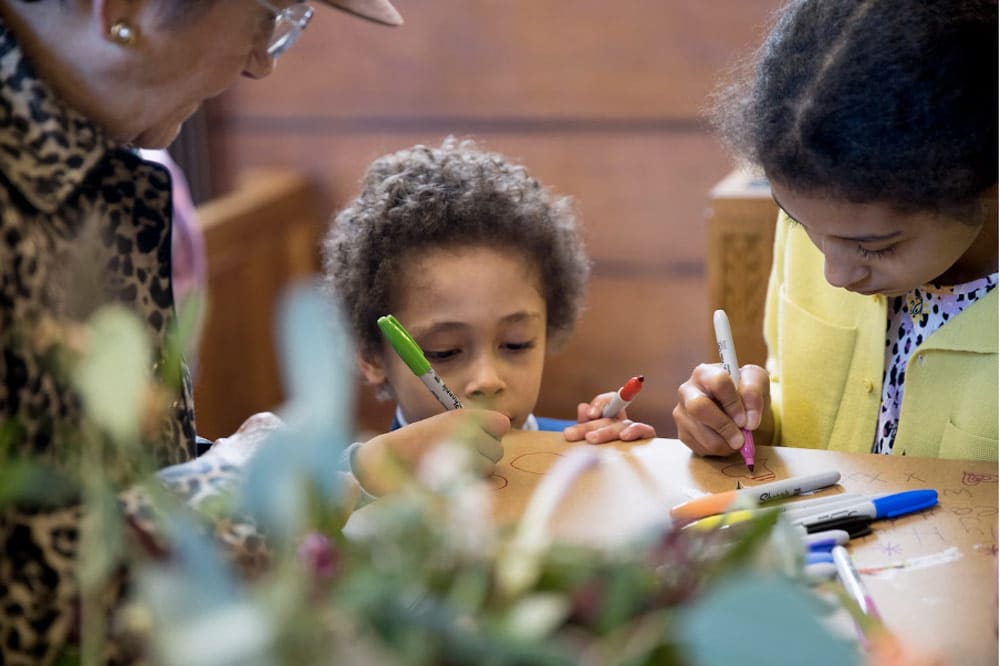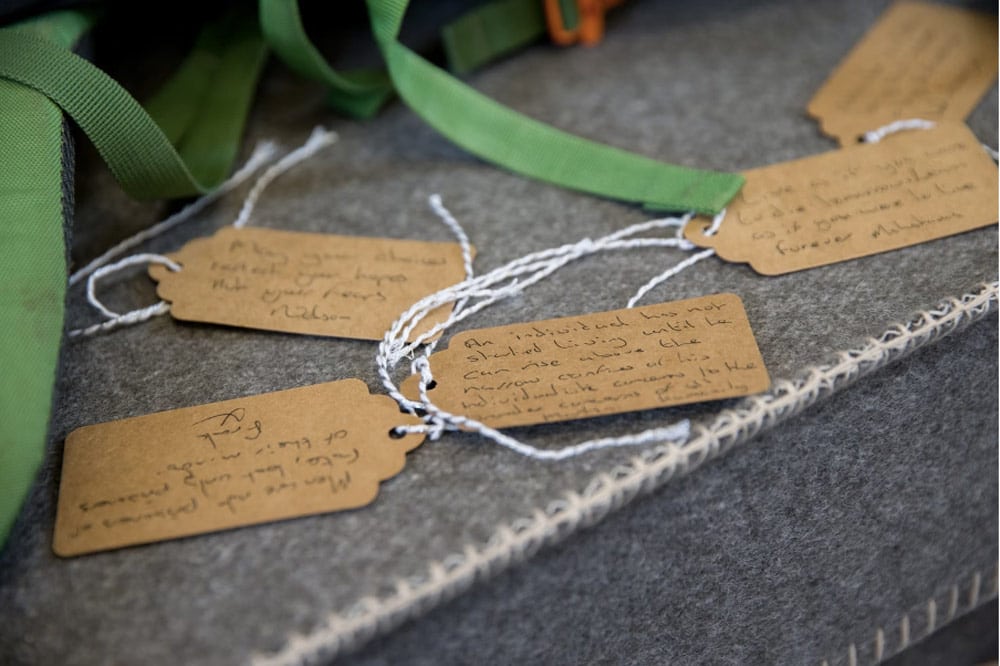And how to avoid a McFuneral: Tips for Families
The death of a loved one is an inevitable and often profoundly emotional experience. In these difficult moments, arranging a meaningful funeral or memorial service can provide an opportunity to honour, mourn and celebrate their life in a way that sets the tone for a healthier bereavement. While traditional funerals have their place, non traditional funeral services offer a more personal way to remember and honour your loved one. In this blog, we will explore the concept of a meaningful funeral or memorial service and provide some creative ideas used by Picaluna Funerals, Melbourne to make it a truly unique and appropriate farewell.
What Makes a Funeral or Memorial Service Meaningful?
A meaningful funeral or memorial service goes beyond the customary rituals associated with farewells. It is a heartfelt and personalised event that pays tribute to the person who has died, acknowledging their unique life, contributions, and the impact they had on others. Such services are designed to celebrate the individuality of the deceased, making the event a more comforting and memorable experience for those in attendance.
How to infuse meaning into a Funeral or Memorial Service
Inclusive Rituals:
By incorporating rituals into a ceremony, it allows attendees to actively participate in the service, giving them an opportunity to express their grief and contribute to the collective farewell. Some examples of inclusive rituals may include;
Personalised Messages in the Coffin
Consider encouraging attendees to write a final note or message to the deceased and place it inside the coffin. This touching ritual allows friends and family to express their love, memories, and farewells in a tangible way, paving the way for the healing process to begin.
Creative Coffin Choices
Instead of a traditional casket, opt for a cardboard coffin that can be decorated during the service. Invite mourners to write messages or draw pictures on the coffin’s surface, transforming it into a personalised cardboard coffin design and unique tribute to the person who has died.
Candle lighting
An act that can be performed by designated family members or friends at any part of the ceremony to encourage a time for reflection.
Have a Memorial Space
Place symbolic items belonging to the deceased in a memorial space set up in the funeral venue of choice. This could be anything from kit-kats, through to fishing rods or even their favourite armchair, should it be logistically possible!
Symbolic Dress Code
Suggest that mourners wear a specific colour or style that reminds them of the loved one who has died. This not only adds a personal touch but also creates a visual representation of the departed’s influence on their lives. Did they love tassels or fur and hot pink lipstick? Or perhaps they never left the house without that gorgeous Hawaiian shirt on!
Favourite Drinks and a Toast
Serve the deceased’s favourite drink as guests arrive. Consider having a toast to them during or towards the end of the ceremony, allowing attendees to raise their glasses one last time in a collective celebration of their life.
Unconventional Venues
Choose a funeral venue that held special meaning for the deceased. It could be their favourite cafe, restaurant, or even their own home. Celebrating their life in a familiar place can make the event more intimate and personal.
Sensory Elements
Incorporate sensory elements that connect attendees to their loved one. Did they have a favourite scent? Consider spraying it in the venue before guests arrive, or directly on to the Orders of Service. You can also decorate the space with their favourite flowers or plants to evoke their memory.

The Role of Funeral Directors and Funeral Celebrants
When planning a non-traditional funeral or memorial service, it’s essential to collaborate with experienced professionals, such as funeral directors in Melbourne or your local area. Funeral directors can provide valuable guidance and support throughout the planning process. They are well-versed in organising funeral services, including cremation with a funeral service, direct cremation, and traditional burials.
Funeral directors can help you navigate the logistics of the event, such as securing permits, coordinating transportation, and arranging for the care of the deceased. Their expertise ensures that the service runs smoothly, allowing you to focus on honouring your loved one.
A funeral celebrant is another essential resource when planning a non-traditional service. These professionals specialise in creating personalised ceremonies that celebrate the life and values of the person who has died. Working closely with families, funeral celebrants craft services that reflect the unique personality and impact of the deceased, whilst gently taking mourners on an emotional journey and adding a deeply personal dimension to the event.
Funeral Plans and Eco-Friendly Options
In the midst of grief, it’s essential to consider the wishes of the loved one, if known. Some individuals may prefer eco-friendly funeral options, such as natural burial, which involves interring the body in a biodegradable coffin or shroud in a natural setting. This environmentally friendly choice aligns with the values of those who wish to leave a minimal ecological footprint.
Planning a Memorial Service Program
Planning a meaningful funeral or memorial service requires thoughtful consideration of various elements, including:
Service Format: Decide whether you want a religious or secular service, or a combination of both. Consider incorporating music, poetry, and readings that may hold special significance.
Speakers: Invite friends and family members to share their memories and stories about the deceased. This personal touch can provide comfort and create a more profound connection among attendees.
Visual Tributes: Create a visual tribute by displaying photographs and videos that showcase the life, achievements, and cherished moments of the departed.
Music Selection: Choose music that holds special meaning for the deceased or resonates with their personality. Live music or recorded tracks can add a poignant touch to the funeral service.
Personalised Keepsakes: Consider offering attendees personalised keepsakes, such as memorial candles, bookmarks, or seeds to plant in memory of their loved one.
Acknowledgment of Grief: It’s essential to create a safe space for mourners to express their grief and emotions. Offer resources and support for those who may need it.
Conclusion
In times of loss, creating a meaningful funeral or memorial service can provide solace and an opportunity to celebrate the life of your loved one. Non traditional funeral services offer a unique and personalised approach to honouring your loved one, focusing on their individuality and impact on those around them. By collaborating with funeral directors and funeral celebrants and considering eco-friendly options, you can ensure that the service truly reflects the essence of the person who has died.
Remember that there is no one-size-fits-all approach to planning a funeral or memorial service. The most important thing is to create an event that feels authentic and meaningful to you and your loved ones. Whether it’s through personal notes in the coffin, symbolic dress codes, or celebrating in a cherished location, these creative ideas can help you craft a memorable and heartfelt farewell that honours the memory of your loved one.





